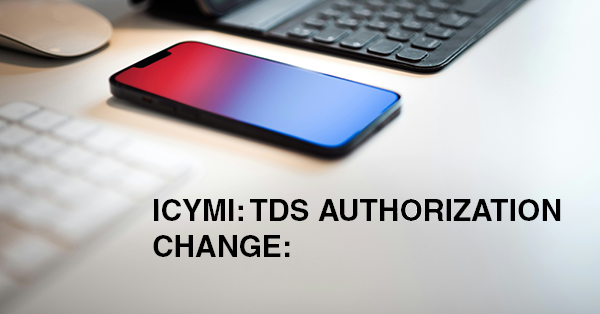TIGTA – YOU HAVE A RIGHT TO KNOW:

Each year in mid-March, government agencies and the public celebrate Sunshine Week, a national initiative to promote open government and freedom of information. This week, the Treasury Inspector General for Tax Administration (TIGTA) joins other federal agencies to recognize the importance of the Freedom of Information Act (FOIA) and the critical role that federal employees play to ensure a transparent and accountable government.
Did you know?
Since 1967, the FOIA has provided the public the right to request access to records from any Federal agency. Federal agencies are required to disclose information requested under the FOIA unless it falls under one of nine exemptions which protect interests such as personal privacy, national security, and law enforcement.
Last Fiscal Year, our Office of Chief Counsel processed 379 FOIA requests, a 67% increase from the prior year.
What’s TIGTA’s role when the IRS says no to disclosing info?
In Fiscal Year 2022, the IRS denied or withheld information in more than 3,400 FOIA requests because they met one of the nine exemptions. We're required by law to do periodic audits of these types of cases and report the results to Congress. In our most recent audit, we reviewed a sample of them and found that most of the time, the IRS applied the exemptions correctly and properly withheld information.
Exemptions to approve a Freedom of Information Act (FOIA) request in the United States are delineated in the FOIA statute. There are nine specific exemptions outlined under the FOIA, which agencies can use to withhold information from release:
- National Security: This exemption covers documents or information that, if disclosed, could potentially harm national security.
- Internal Personnel Rules and Practices: Information related to internal personnel rules and practices of an agency is exempt if disclosure would interfere with the agency's operations.
- Information Specifically Exempted by Other Statutes: Certain statutes may prohibit the release of particular types of information, and FOIA doesn't override these statutes.
- Confidential Business Information: This exemption protects trade secrets or commercial or financial information obtained from a person or organization that could cause harm to their competitive position if disclosed.
- Internal Agency Memoranda: Information contained in internal agency memoranda that are predecisional or deliberative in nature can be exempt from disclosure.
- Personal Privacy: Information about individuals, such as personnel and medical files, that would constitute a clearly unwarranted invasion of personal privacy if disclosed, can be exempt.
- Law Enforcement Records: Records related to ongoing investigations or law enforcement proceedings, as well as those that could interfere with law enforcement proceedings if disclosed, are exempt.
- Financial Institution Regulation: This exemption protects records obtained from financial institutions that are related to the regulation or supervision of those institutions.
- Geological Information: Information concerning wells is exempt from disclosure if it relates to certain geological data or maps concerning wells.
These exemptions provide agencies with grounds to withhold information under specific circumstances outlined in the FOIA statute. It's important to note that agencies must justify their decision to withhold information based on one or more of these exemptions when responding to a FOIA request.
However, we found some cases where IRS employees redacted information that should have been disclosed. For example, employees incorrectly redacted examination workpapers and IRS emails.
How can I make a FOIA request?
Check out our website to learn more about FOIA and how to submit a request for TIGTA records.




